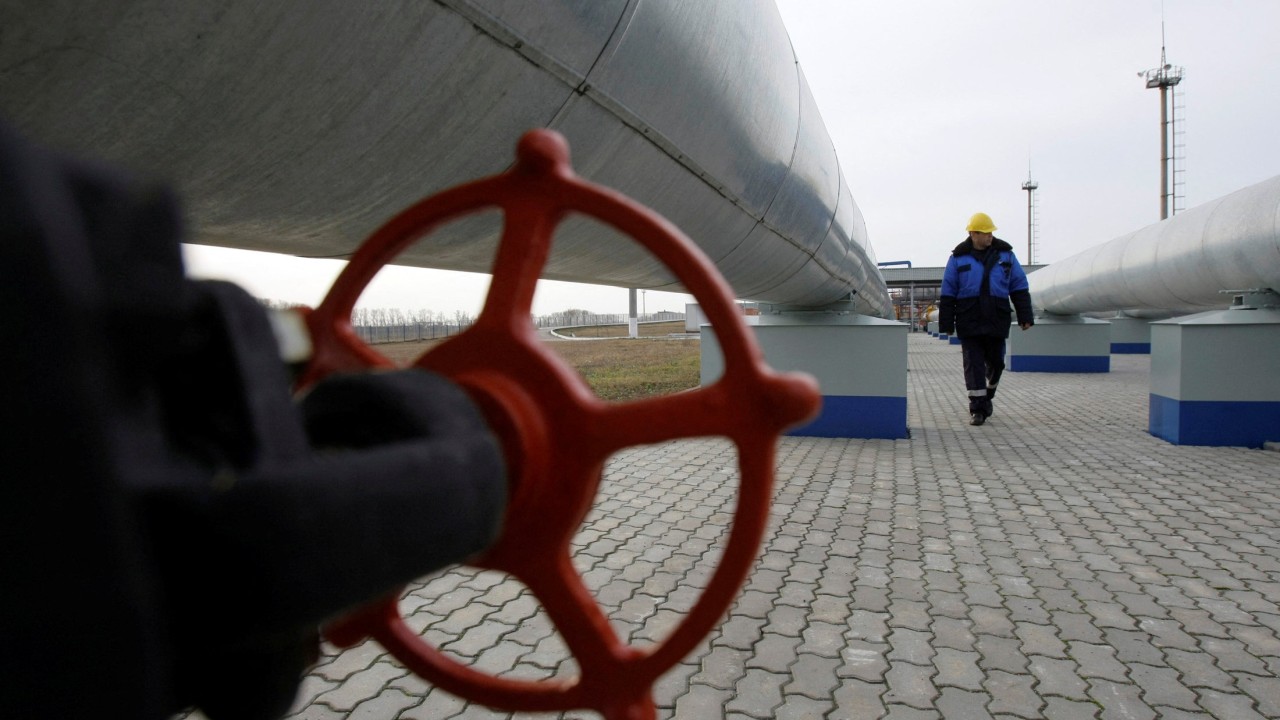
“We are entering a long pause, where Moscow no longer believes it can get the deal it wishes from Beijing and will probably park the project until better times,” said Munkhnaran Bayarlkhagva, a former official at the National Security Council of Mongolia.
Bayarlkhagva said that Beijing may not be happy with Gazprom – Russia’s state energy giant – over a perception the company wishes to “unilaterally” control the Mongolian section of the pipeline.
Mongolia hopes to get investment from China and Russia, [but] Russia does not have the money and China is not in a rush to build
“This would have meant a sudden and long-term increase of Moscow’s influence in Mongolia, to the detriment of Beijing,” he said. “Though never explicitly verbalised, it would have been ‘fair’ to include the Chinese into the Mongolian section’s development from the beginning.”
CNPC reportedly asked for a price similar to Russia’s domestic market, according to Anna Kireeva, associate professor at the Moscow State Institute of International Relations. This request was “not suitable for Gazprom,” she said, because “great financial resources” will be demanded in the construction of the pipeline.
“[These differences] can be overcome as the project is in the interests of both Russia and China, but the two sides should be ready for a healthy compromise,” Kireeva added. “It is difficult to make a prognosis on the further course of negotiations.”
Li Lifan, a Russia and Central Asia specialist at the Shanghai Academy of Social Sciences, concurred. “Mongolia hopes to get investment from China and Russia, [but] Russia does not have the money and China is not in a rush to build the pipeline.”
With Russia’s copious fossil fuel resources, energy is a major aspect of its economic relations – particularly with China, the recipient of 75.4 million tonnes of natural gas imports for the first seven months of the year. The fuel trade is expected to weigh heavily in discussions as Premier Li Qiang heads to Moscow on Tuesday for an official visit.
Zhao Long, deputy director of the Institute for Global Governance Studies at the Shanghai Institutes for International Studies, said energy cooperation requires a weighing of “strategic values” between the two countries for Beijing, adding import diversification should be based on “a standard market benchmark”.
“This project has a complementary nature for all three countries,” he added. “I believe a consensus will be reached on pricing and other technicalities. It won’t remain unsettled.”
Aleksei Chigadaev, a former visiting lecturer at the Higher School of Economics in Moscow, described the decision from Mongolia’s parliament as “sober” and “rational”, naming 2028 as “a reference point for further observation” of the project’s potential beginning.

